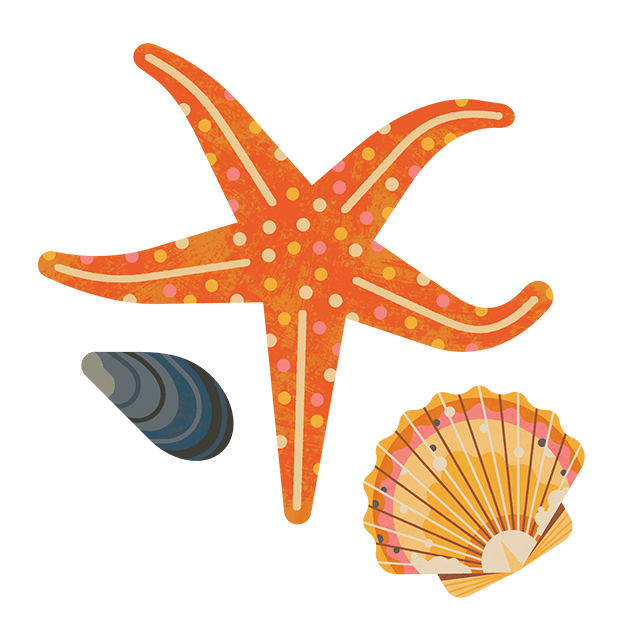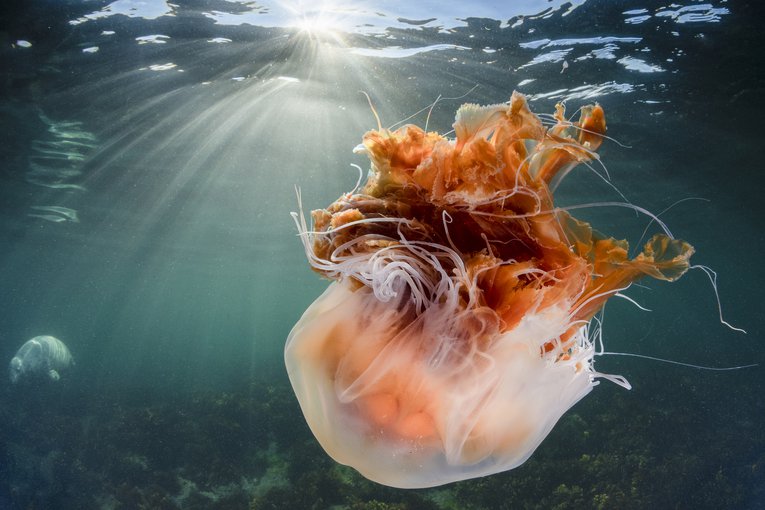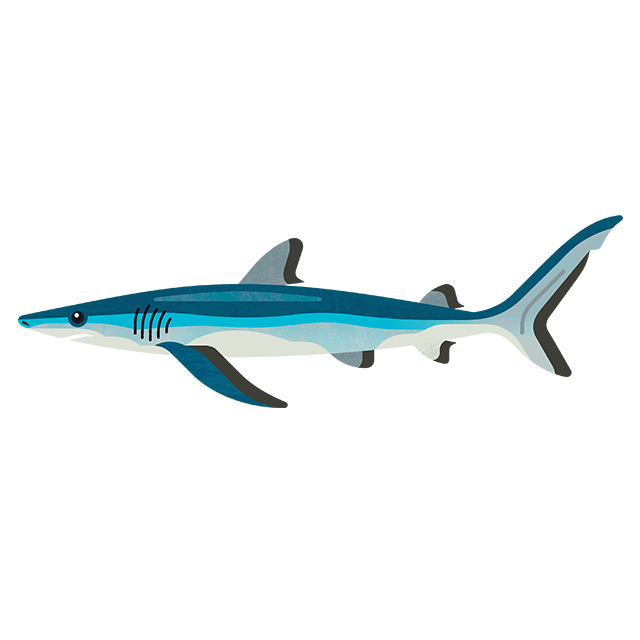
Hop into Easter with our Beach Bucket List
With warmer weather on the horizon, we share how you can make the most of your time at the beach this spring, while helping to protect the UK’s seas and coastlines.
For families looking to keep children entertained over the Easter break, we've compiled a bucket list of coastal activities that are fun, free, and impactful. From rockpooling to beach cleaning or simply exploring the shore, these activities are a great way for the whole family to recharge while helping to safeguard our precious marine environment.
Join a beach clean
Make a difference this Easter by taking part in or running a beach clean. By volunteering to remove and record litter items found on a 100-metre stretch of beach, you’ll be collecting vital data that we use to identify what's polluting our seas. This provides crucial insights that inform policy and support lasting environmental change.
We runs beach cleans all year round - you can find ones happening near you over the Easter break here.
Go whale watching
Grab your binoculars, head to the beach, and take a moment to scan the horizon. Even though the whales may be moving on, there’s always the chance of spotting other incredible marine life, such as dolphins or seals, depending on where you are in the UK. Be sure to check local community groups on social media for any recent sightings. You can also log your own sightings on the Sea Watch app to aid conservation efforts.
Do a Big Seaweed Search
This spring, why not take part in the Big Seaweed Search? Each year, we, in collaboration with the Natural History Museum, encourage people across the UK to record any seaweeds they spot along the coast. By recording the species you find, you’ll help scientists track changes in seaweed distribution, an important indicator of marine ecosystem health. It's a simple yet meaningful way to get involved with marine conservation.
Explore the shoreline
You can use the our Rockpooling Guide to identify your finds or download our digital Seashore Safari Guide to help you identify shells, crabs, and other natural wonders. These activities are a great way to connect with nature and learn about marine life, all while staying on dry land. Just make sure to check the tide times and be sure not to disturb the wildlife.
Skim a stone
Skimming stones is a classic way to enjoy time at the beach. You’ll need to find the perfect flat stone, hold it at a 20° angle, and throw it with a fair amount of force. It’s a fun way to make the most of our gorgeous marine landscape and create some healthy competition between friends or family.
Find a mermaid’s purse
While walking along the shore, keep an eye out for ‘mermaid’s purses’ – egg cases of marine creatures such as sharks, rays, and skates. These leathery cases protect the embryos until they hatch and are often found washed up on the beach. Each species’ eggs look different, but the size, shape and features can tell you which one laid it. If you spot one, make sure you report it the Sharks Trust to help them discover more about egg-laying species in our waters.
Look out for jellyfish
Spotting jellyfish helps us track their movements and populations, which are key indicators of changes to our marine environment. If you come across a jellyfish, please take a moment to report it - your sightings contribute towards vital marine research and conservation efforts.






